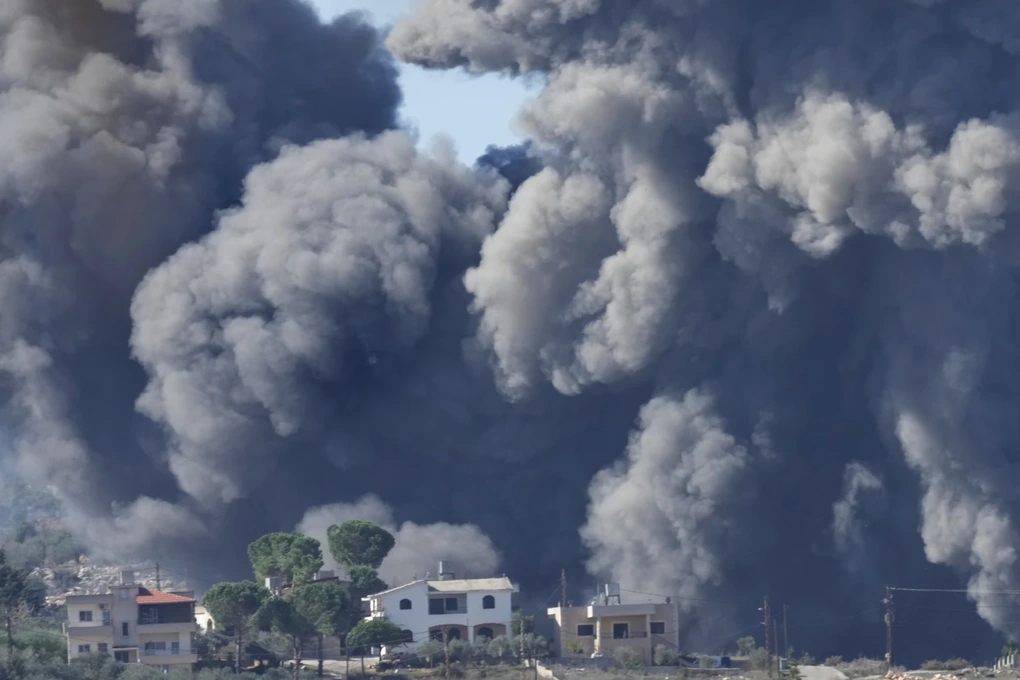
Black smoke rises after attacks by Israel and Hezbollah in the border area (Photo: AP).
AP reported that on November 4, Hezbollah appeared to have attacked Israeli targets with Burkan rockets, a weapon dubbed "volcanoes" in the context of tensions on the Lebanon-Israel border that have continuously heated up since October 7 when Hamas attacked the Tel Aviv-controlled area.
According to AP, Israel conducted airstrikes along the Lebanese border on the same day and Hezbollah also carried out several attacks on Israeli targets in Jal al-Allam.
A Lebanese security source said Hezbollah used Burkan rockets against Israel for the first time in a month.
The short-range rocket "Burkan" has a warhead containing explosives weighing from 400kg to 500kg and can cause large-scale destruction to the target. With a maximum attack range of 5km, Burkan is designed for close-range combat and causes heavy damage to the enemy.
Hezbollah said it had attacked at least six Israeli military posts along the border with “rockets and suitable weapons,” adding that it had carried out direct strikes and destroyed Israeli equipment.
A day before Hezbollah first used the Burkan in its conflict with Israel, Lebanese military leader Hassan Nasrallah announced that the group was engaged in an unprecedented level of conflict with Tel Aviv along the border.
In his first speech since Hamas and Israel began fighting a month ago, Nasrallah also said he was prepared for the conflict between Hezbollah and Israel to escalate at any time, signaling that Tel Aviv is at risk of facing an escalating battle front in the north.
When asked for comment by Newsweek, the Israel Defense Forces (IDF) press office said only that it was looking into the situation.
Mr Nasrallah said Hezbollah was not involved in the planning of Hamas' attack on Israel on October 7, but "joined the fight" the next day. He made it clear that Hezbollah's goal was to end military action against Gaza and ensure Hamas' victory.
Hezbollah is an Iran-backed Shia Muslim militant group and a major political party operating in Lebanon.
In the early days of the conflict, Hezbollah limited its activities to firing rockets from Lebanon at targets in Israel. Israel immediately responded with artillery strikes and drone strikes.
The frequency of clashes between the Israeli army and Hezbollah has focused to increase over the past two weeks, raising concerns that this armed force will soon become fully involved in the Israel-Hamas conflict.
The threat from Hezbollah is considered greater for Israel because the group's military capabilities are superior to Hamas'. Hezbollah is estimated to have 150,000-200,000 rockets, enough to attack a series of targets across the territory controlled by Israel for a long time.
Mr Nasrallah said Hezbollah was supporting Hamas by tying up a third of Israel's fighting force and nearly half of its navy near the Lebanese border. Israel was forced to spread its forces to deal with simultaneous threats on both its northern and southern borders.
Source



![[Photo] Prime Minister speaks at the High-level Discussion Session of the Expanded BRICS Summit](https://vphoto.vietnam.vn/thumb/1200x675/vietnam/resource/IMAGE/2025/7/7/70b6e323f350404fa23f60527a4a8794)
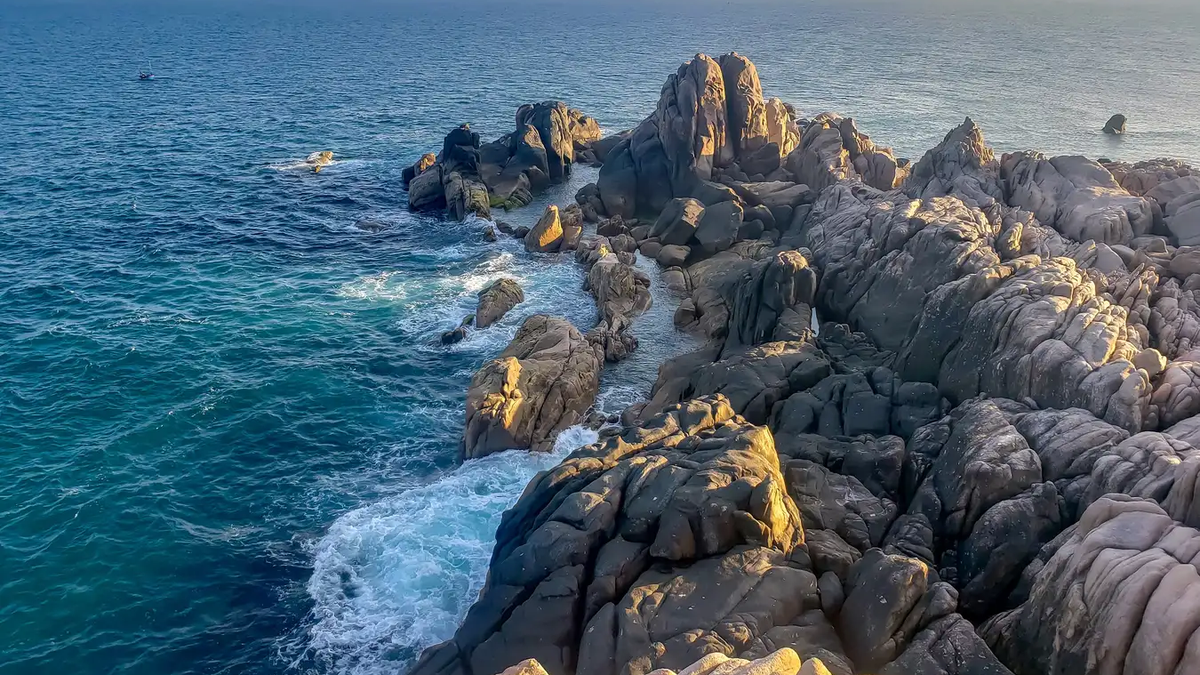
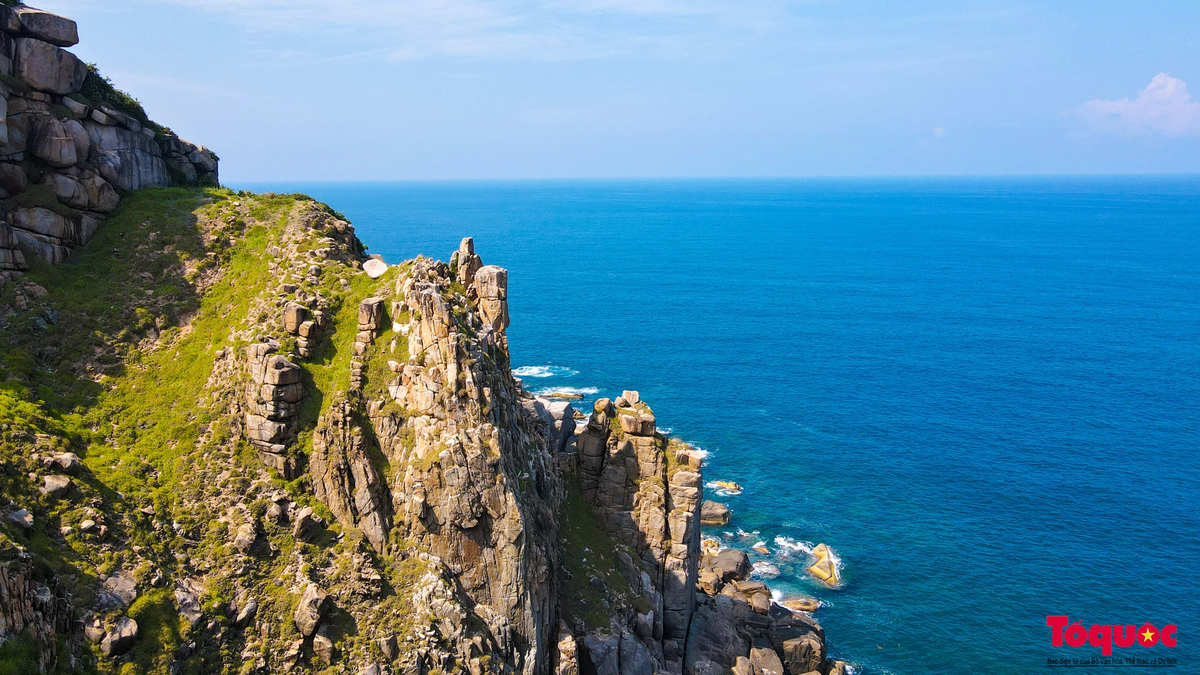

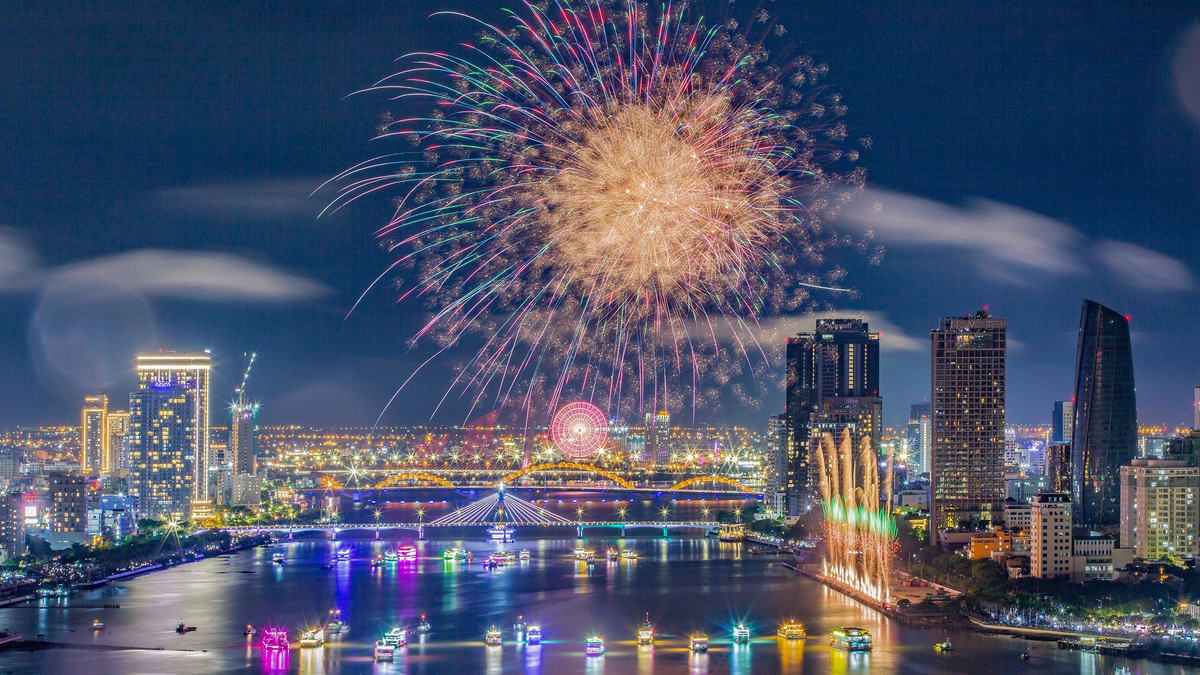



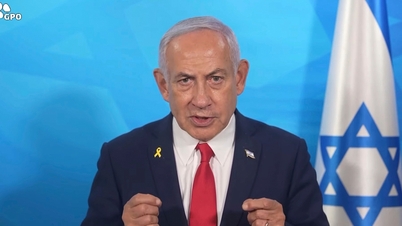
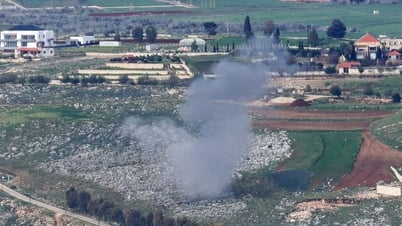
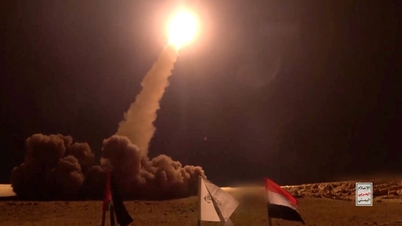
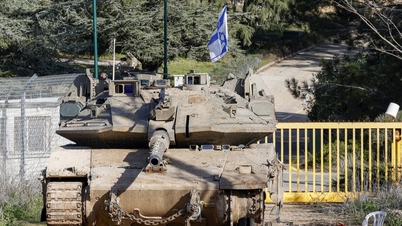





















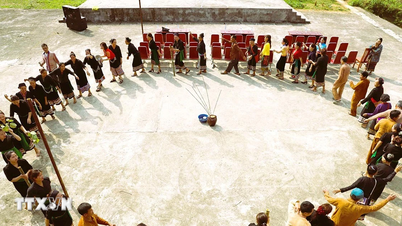

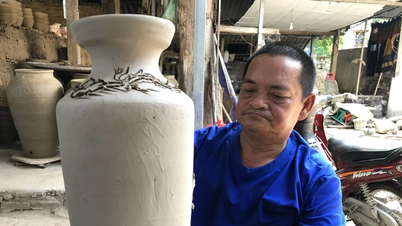





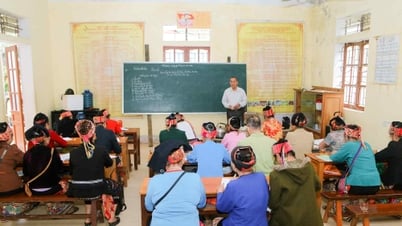

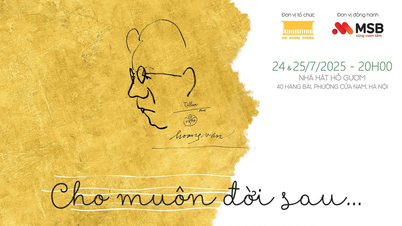









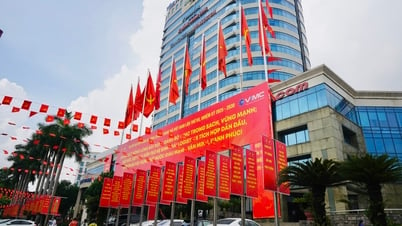


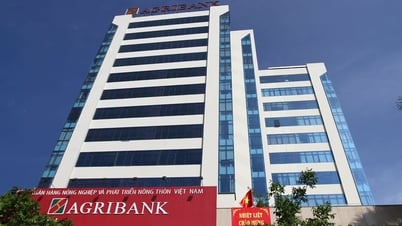







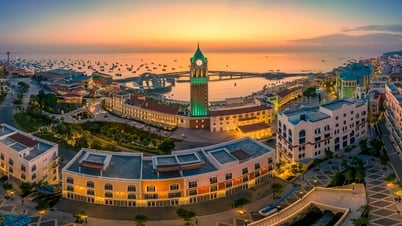




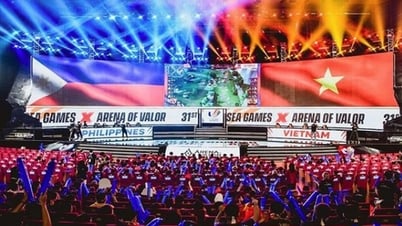



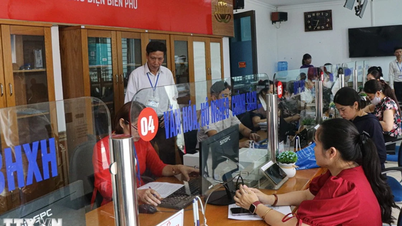






















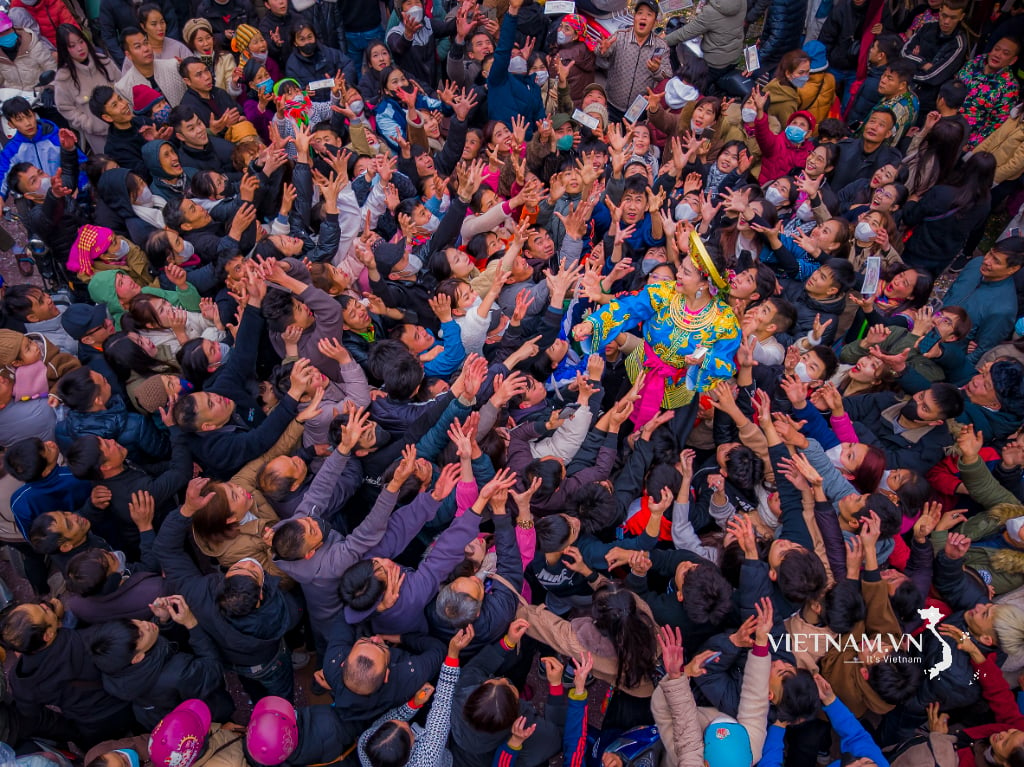

Comment (0)